It’s never a bad time for a cookie. Warm, just sweet enough, fresh from the oven… man, I could totally use a cookie right about now. How about you? Yeah? Excellent. Just hand over your address, mother’s maiden name, and the last four digits of your SSN and you can have this fresh hand-made dessert for free. Wait, what’s that you say? Yes, all this personal information does seem like too high a price to pay for one baked confection, no matter how delicious. And yet it was a deal that nearly 400 people were happy to make. [More]
privacy
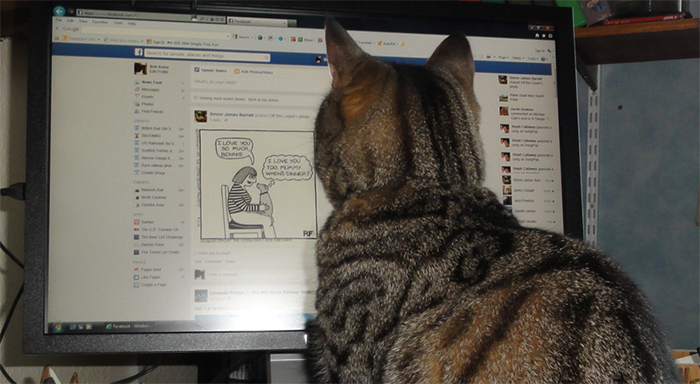
Facebook’s New Ad Service Lets Advertisers Get Up Close And Personal Everywhere You Are
Facebook ads: we’ve all seen a million of them. While some are generic spam, many are very creepily on-target. Until now, Facebook has mostly used its massive hoard of detailed user data for itself, and to sell ads on its own site. But now the site you love to hate is finding a new way to bank on your favorite bands and brands, with a new advertising service that can let companies chase down and advertise to any specific group they want. [More]

FBI Director Concerned About Smartphones The Police Can’t Search
In recent weeks, both Apple and Google have announced improved privacy measures that make it more difficult for police to search suspects’ smartphones, even with a warrant. This isn’t sitting well with FBI Director James Comey. [More]

New, Updated Foursquare Is Always Watching You… Even When You Aren’t Running Foursquare
If you launch Foursquare, you expect it to know where you are. The app is explicitly designed to record your location when you open it and so nobody’s shocked if it, well, records their location when they open it. But users who download the new Foursquare are in for a nasty surprise. The app is now tracking users’ locations at all times, whether they’ve opened it or not. [More]

Hackers Seeking Ransom Steal User Data From European Central Bank’s Website
The European Central Bank announced today that hackers have stolen about 20,000 email addresses and an unknown but lower amount of other information like physical addresses and phone numbers from a database serving its website. The information was reportedly lifted from the ECB’s listings of people who register for its events, and isn’t tied to internal ECB systems. [More]

Contempt Threat Gets Facebook To Turn Over Full Info For 381 Users
While Facebook loves sharing incredibly detailed information about users’ interests and web-browsing habits with marketers, the social media network isn’t so keen on making massive amounts of user info available to prosecutors, presumably because the district attorney’s office isn’t looking to buy ads. Facebook announced last night that it’s currently fighting warrants from authorities in New York who are looking to get data on a group of 381 users. [More]

Police Must Now Have A Warrant To Search Your Phone
The Supreme Court today put an end to years of contentious debate over whether or not police can search the phones of people they arrest without first getting a warrant, ruling unanimously that law enforcement must always have a warrant before they can do the search. [More]
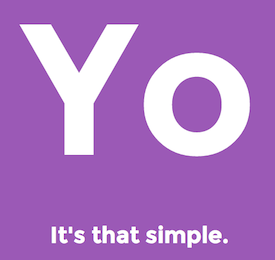
Yo Founder: We Were Lucky To Get Hacked (And Everything Is Fixed Now)
The makers of one-word messaging app Yo are sounding the all-clear after reports last week that the app could easily be hacked, leaving users’ phone numbers at risk. But also? That whole thing was a good thing, the founder explains. [More]

LinkedIn Has To Face User Lawsuit Over E-Mail Privacy Violations, Judge Rules
We’ve all been there: somebody you knew like eight years ago joins LinkedIn, and the site asks you to go add them as a contact. You ignore the e-mail, because hey, you don’t even remember Bob that well, but LinkedIn doesn’t let it go. It asks you again and again to go add Bob to your network. And by the third message you might well be thinking, “Bob! Stop it! I never want to hear from you again! Go away!” Well, now Bob — and all the real, actual people just like him — can sue LinkedIn about that, a court has ruled. [More]

NSA Chief Defends Legality Of Facial Recognition Program
As you’ve probably heard, it was recently revealed that the National Security Agency has been scouring online images and using facial-recognition technology to track suspected terrorists, giving rise to justifiable concerns that the NSA has records of your every selfie, headshot, portrait, and drunken mugging. But the agency’s head is now attempting to do some damage control by saying that everything his people do is on the up-and-up. [More]

Google Launches Forget-Me Form For EU Users Who Want Search Data Removed
Earlier this month, the Court of Justice of the European Union ruled that consumers have a legal “right to be forgotten” when it comes to Internet search engines and said there should be a way for users to request that certain data be excised from Google’s results. In response, the company has created a form that anyone in the 28 affected EU countries can use to ask to be forgotten. [More]
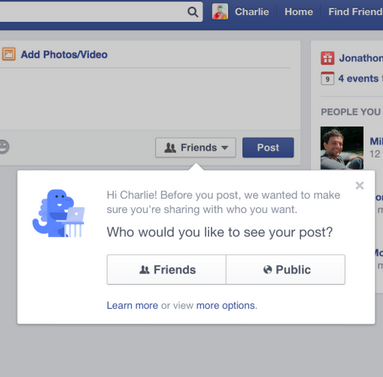
Facebook Makes “Friends Only” The Privacy Default For New Users
For years, when new users joined Facebook, the default privacy setting had been to share your every baby photo/quote of the day/quiz result/divisive political rant with the public at large. Users had to opt into higher levels of privacy to limit their updates to smaller groups. But today Facebook announced that the default setting for new users is to only share posts with folks on their lists of friends. [More]
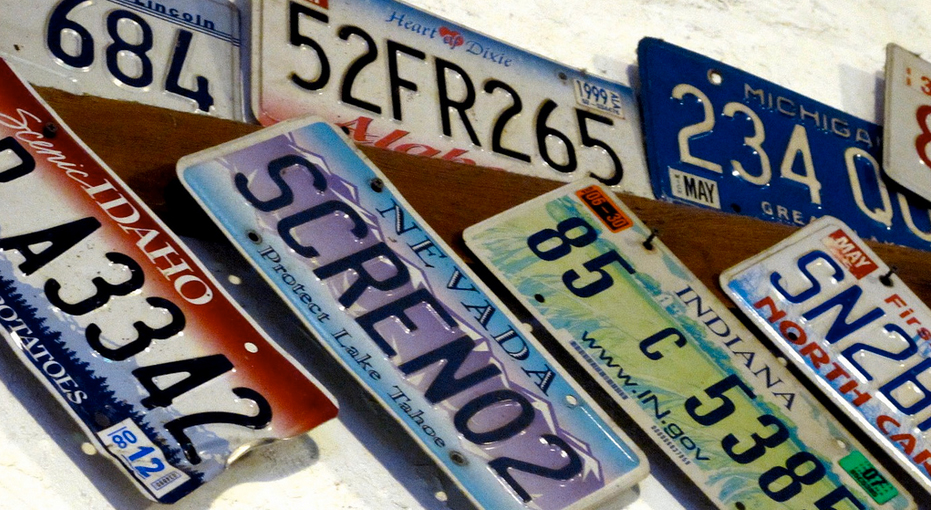
Private Companies Building Giant Unregulated Databases Tracking License Plate Location Info
Do you know everywhere your car has been in the past week? Month? Year? You may or may not remember it all, but there’s a good chance that your license plate has had its photo snapped, and its location recorded, a whole bunch of times in that period. And anyone who can pony up the cash for a subscription to that database can tell exactly where you’ve been. [More]

Europe’s Highest Court Tells Google People Have The “Right To Be Forgotten”
When you search for yourself on Google — and don’t deny you’ve done it at least once — do you love absolutely every bit of information that comes up? No, but you figure, it’s on the Internet, so it’s there forever. But Europe’s highest court has ruled that people have the “right to be forgotten,” and that they should be able to ask Google to remove certain sensitive information from Internet search results. [More]
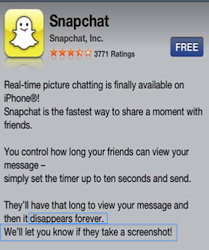
Snapchat Settles Federal Charges It Misled Users About Privacy
One of the reasons people use the Snapchat messaging app, especially for messages that one may not want to have a permanent record of, is that those texts and photos supposedly disappear shortly after being received by another user.
But the Federal Trade Commission accused the service of not only over-promising and under-delivering on this notion of vanishing messages, but that it also deceived users about the amount of personal data it collected. [More]

UPS Delivers Stranger’s Package To My House, Tells Them Where To Find It
UPS delivers 15 million items every day, so maybe it’s inevitable that some of them will end up in the wrong place. The problem is what happens when they deliver a package to the wrong place: say, 101 Truman Street instead of 101 Truman Avenue. In one man’s case, UPS appeared to have sent a stranger to his home to fetch his own misdelivered package. [More]

Are You OK With A Restaurant Googling You If It Improves Customer Service?
If you apply for a job, you can rest assured that someone will Google your name or look you up on Facebook, LinkedIn, Twitter and elsewhere before hiring you. If you meet someone via an online dating service, he or she has probably (and wisely) made repeated efforts to look you up on publicly available social media sources in order to make sure you’re not a suspected serial killer. But when you make a reservation at a restaurant, you probably don’t expect anyone there to do any research about you. [More]



